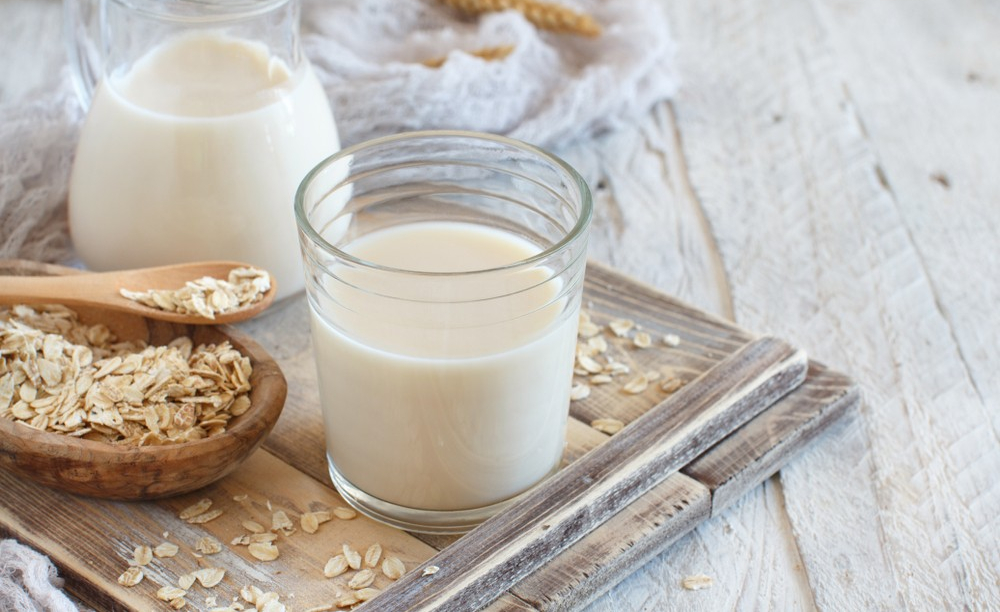Why is calcium important for health?

Calcium is crucial for a variety of biological functions, involving not only bone and teeth health but also muscle movement, blood clotting, nerve signal transmission, and maintaining a regular heartbeat. The small proportion of calcium in our bloodstream and cells (approximately 1 percent) plays a vital role in these life-sustaining processes.1, 2
Why is calcium deficiency so dangerous?

Insufficient calcium intake can lead to weakened bones, increasing the risk of fractures and conditions such as osteoporosis, especially in older adults.2
What is the recommended daily intake of calcium?

Nutrition recommendations emphasise consuming adequate amounts of calcium through diet rather than excessive reliance on supplements. Adults generally require approximately 1,200 to 1,500 mg of calcium daily, but this can vary based on age and gender.

It’s suggested to source this mineral primarily from whole foods since calcium supplements can potentially lead to health issues like kidney stones or cardiovascular events if not balanced with other vitamins and minerals such as Vitamin D3 and K2.2
What are the best dietary sources of calcium?

Dietary sources of calcium include dairy products like cow’s milk and yoghurt, leafy greens, certain fish with bones (e.g., canned salmon and sardines), almonds, tofu, and fortified foods.2, 3
Receive Exclusive Tips & Weekly Digest – subscribe to our newsletter





